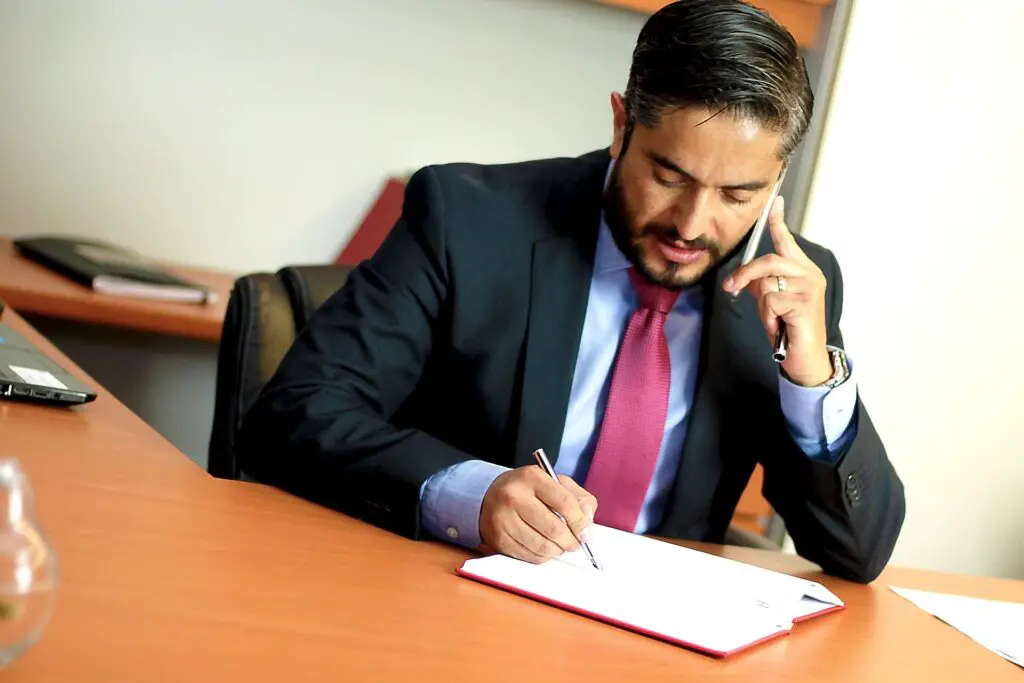When you hire an attorney, you expect their legal advice and guidance to assist you with whatever problem you are facing. Whether you are dealing with a creditor or facing criminal prosecution, your attorney is supposed to be your lifeline. Unfortunately, sometimes the relationship between client and lawyer sours to the point where you no longer want their counsel. That leaves the matter of any retainer or fees you have already paid them. Wondering how to get your money back from a lawyer? Keep reading to learn about your options.
The Fee Agreement
Your right to a refund from your lawyer will largely depend on your arrangement with them. While many lawyers put their fee agreement into writing, that is not always the case. The good news is that while the fee agreement can work against you, the state bar will not allow your attorney to keep a fee that they have not earned.
That does not mean you’ll get all or even some of your money back. It does mean that you could see the return of unearned portions of your retainer, depending on the circumstances. Your right to get your money back will also depend on the type of arrangement you had with your lawyer: a contingency agreement or an hourly rate.
Contingency Fee Agreements
A contingency fee agreement is a relationship where an attorney does not require any upfront legal fees. Instead, they will keep a portion of the compensation they recover on your behalf. If they are unsuccessful in your case, they get nothing.
These fee agreements are spelled out upfront so that you understand what percentage your attorney will keep. However, some conflicts can arise in cases where it is unclear who is responsible for filing fees, the cost of expert witnesses, and other miscellaneous fees. These conflicts can result in a disagreement over what an attorney’s fair share actually is.
Hourly Fee Agreements
Contingency fee agreements are common in personal injury cases. Other areas of the law do not favor that type of arrangement. In fact, certain areas of the law including family law bar any type of contingency arrangement. Instead, attorneys use flat or hourly fees for their billing.
Hourly fees are ripe for disagreements, as many attorneys require a retainer to be paid upfront. The retainer represents a pool of money paid to your attorney for fees they have not yet earned. Problems arise when you terminate an attorney-client relationship before an attorney has earned their entire retainer. Although they are required to return any unearned fees, disagreements over how much work an attorney has done are common.
Where to Turn
The above explanation is helpful, but what if your attorney still won’t return your money. Every state is different, but each of them has some form of bar association that regulates the licensing of attorneys within the state. These groups are often the first place to turn to when your attorney will not return what is owed.
If the attorney claims they have earned the entire fee and is steadfast about keeping your money, the bar association could help you arrange mediation with the attorney in hopes of ironing out the disagreement.
Additionally, the bar could discipline an attorney if they wrongfully keep a client’s fee. In extreme cases, this sort of financial malfeasance could result in the suspension of an attorney’s license. Given what is at stake, contacting the bar association could be your best option for seeing your money returned.
Additionally, you have the right to seek legal action against your attorney for any unreturned fees. This might be an option if you are owed a large sum of money, but pursuing these claims likely requires you to obtain a new attorney to pursue your case. Seek legal counsel before filing a lawsuit against your attorney over unreturned fees.
See Also: Turning Yourself in on a Misdemeanor Warrant
Verdict – How to Get Your Money Back From a Lawyer
There is no guarantee that you can get your money back from a lawyer. However, if your attorney has wrongfully kept some or all of your retainer or financial settlement, your state bar association might be able to help. The more work you are willing to do, the more likely you are to shake loose your money from your attorney’s possession.



